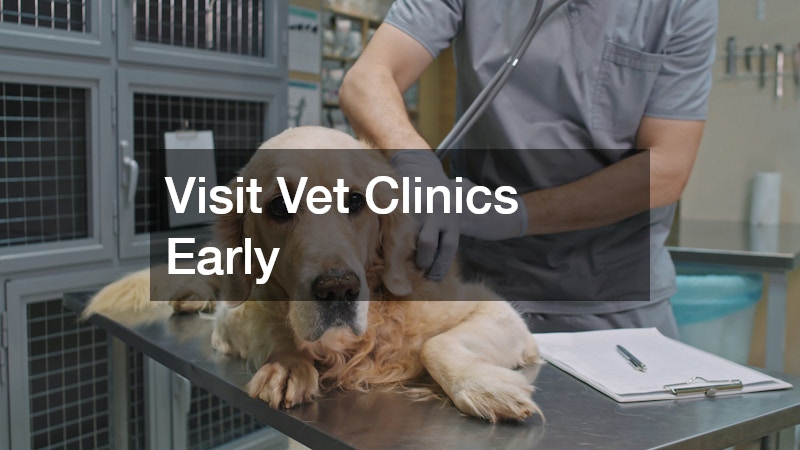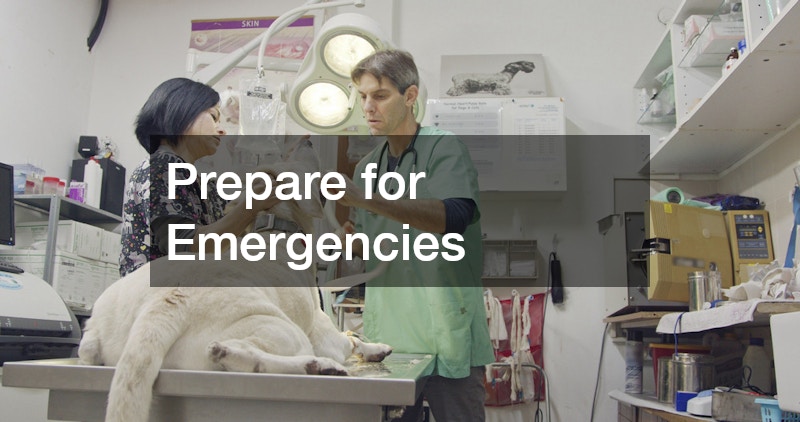Dog vomiting and shivering at night can be worrying for any pet owner. These symptoms often signal discomfort or illness that may need urgent attention. Knowing when to seek professional help is vital to ensuring your dog’s health and safety. Pet owners must understand the signs to look for, what to expect at vet clinics, and how to prepare if an emergency visit to an animal hospital becomes necessary. Many dog health issues can escalate quickly, especially after hours when access to veterinary support may feel limited. This article guides you through recognising symptoms, acting promptly by visiting vet clinics early and preparing for emergencies. By staying informed, you can provide the best dog care and avoid unnecessary risks.
Taking action at the right time can make all the difference between a minor health scare and a serious emergency. The night can be particularly stressful as symptoms like vomiting and shivering may worsen or be harder to interpret. Understanding your dog’s normal behaviour, combined with clear knowledge of warning signs, allows you to respond confidently. This proactive approach can help prevent complications and ensure your dog receives the care needed to recover comfortably.
Recognise the Signs

Recognising early signs of illness is an essential part of good dog care. A dog vomiting and shivering can indicate a range of issues, from mild digestive upset to serious infections or poisoning. These symptoms should never be ignored, especially if they appear suddenly or persist throughout the night. A keen eye for changes in behaviour, appetite or energy levels helps pet owners decide when veterinary advice is necessary. Early detection often leads to better outcomes and reduces stress for both dog and owner.
Specifically, when your dog is vomiting and shivering at night, it’s crucial to monitor the frequency and severity of these symptoms. Occasional mild vomiting might not be urgent, but repeated episodes combined with shivering could signal hypothermia, pain or systemic illness. Dogs that refuse water, become lethargic or show other signs like diarrhoea or abdominal pain need prompt assessment. Proper dog care involves knowing these nuances to ensure timely intervention. Additionally, certain breeds or older dogs may be more vulnerable to complications, making vigilance even more important.
Visit Vet Clinics Early

Visiting vet clinics early can make a significant difference in your dog’s recovery and overall health. Vet clinics are equipped to diagnose the underlying causes of symptoms like vomiting and shivering and provide treatments that might not be possible at home. Delaying a visit can allow conditions to worsen, increasing the risk of complications. Many clinics offer after-hours services or advice lines, recognising that symptoms often arise overnight when regular vets are closed.
More specifically, if your dog experiences persistent vomiting and shivering at night, contacting a vet clinic without delay is advised. Vet clinics can conduct physical exams, perform diagnostic tests and administer fluids or medications to stabilise your pet. Early visits also reduce stress for your dog by managing pain or discomfort quickly. Acting promptly by visiting a vet clinic supports faster recovery and helps prevent emergencies that might require hospitalisation. Remember, timely vet intervention often means a shorter illness duration and fewer long-term health problems.
Prepare for Emergencies

Preparing for emergencies is a responsible step every dog owner should take. While most health issues can be managed through regular vet clinics, severe cases of vomiting and shivering may require immediate care at an animal hospital. These hospitals provide specialised equipment and staff to handle critical situations 24/7. Knowing where your nearest animal hospital is and what to bring can save valuable time when your dog needs urgent treatment.
In more specific terms, if your dog’s vomiting and shivering are accompanied by collapse, severe weakness, difficulty breathing or uncontrollable pain, it’s essential to seek emergency care at an animal hospital. These facilities are equipped to perform advanced diagnostics and intensive care that vet clinics cannot offer. Preparing an emergency kit with medical records, your dog’s medications and contact numbers for local animal hospitals ensures you can act swiftly in critical moments, safeguarding your pet’s health. Familiarity with emergency protocols also helps reduce panic during distressing situations, allowing you to provide calm and effective support for your dog.
Dog vomiting and shivering at night are warning signs that should never be overlooked. Recognising these symptoms early and understanding when to visit vet clinics can prevent complications and promote a quicker recovery. Preparing for emergencies by knowing your local animal hospital and what to expect is equally important. By staying alert and acting promptly, dog owners provide the best dog care possible, protecting their pets from harm and ensuring peace of mind during worrying times.


